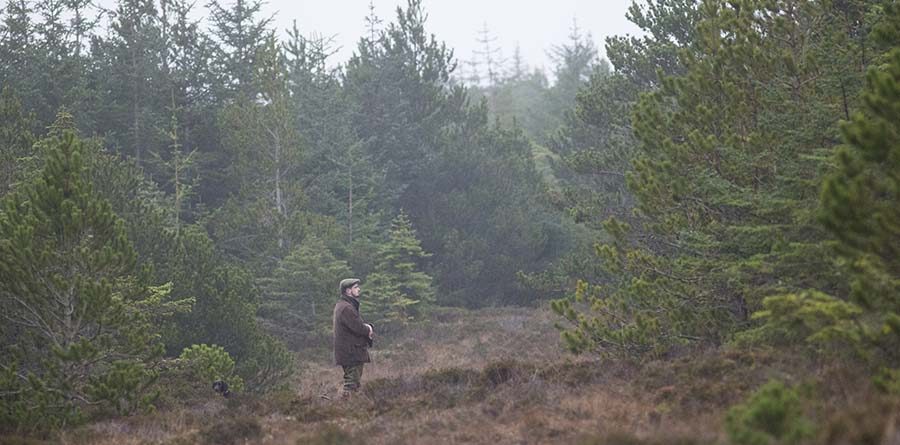
23 Nov 2020 Plenary vote on lead shot ban over wetlands: What’s wrong with automatically criminalising citizens?
Two motions objecting to the European Commission’s (EC) proposal to ban lead shot over wetlands are tabled for a vote in the European Parliament’s Plenary session. FACE supports the phasing out of lead shot over wetlands, but the EC’s proposal contains serious errors, including reversing the conventional due process rights meaning it would be for the citizen to demonstrate that they are acting legally, and not for the prosecutor to determine if the act is illegal.
FACE has been inundated with questions about why and how hunters, as well as other citizens including farmers, will lose their fundamental rights if the EC’s proposal becomes law. We have been informed that some MEPs believe that this is not a problem as a citizen simply needs to explain the type of hunting being carried out. Below is an example of the problematic nature of the law in a real-life scenario.
A typical day’s small game hunting (with a shotgun) in most Member States includes terrestrial and wetland hunting while frequently crossing Ramsar-defined “wetlands”. Because “wetlands” are not clearly defined, especially temporary water and peatlands without visible water, this will create a situation whereby citizens will be automatically criminalised. For example, if an enforcement officer finds a hunter within 100 meters of “wetlands” carrying lead shot whilst pheasant shooting, it is easy for the hunter to respond “I am pheasant hunting”, but in many cases impossible to demonstrate a negative (“I am not hunting ducks”).
It is inconceivable that the presumption of innocence could be rebutted merely by the accused citizen denying that the carrying of lead shot was linked to “wetland” shooting, as this would defeat the very purpose of the presumption. Moreover, there is little/no factual evidence that the accused citizen could provide for rebutting the presumption of guilt. With the provision laying down a legal requirement, it makes it impossible for practical reasons to achieve proof (i.e. probatio diabolica).
Moreover, the presumption of guilt and the placement of this onus on citizens are unnecessary, unreasonable, and arbitrary means, to attain the intended objective of enhancing enforcement and “catching hunters”, as stated in recital 17 of the EC’s proposal. Therefore, the EC proposal is in conflict with a multitude of citizens fundamental rights laws at EU and national level, without a demonstrable necessity to erode these protected due process principles.
Furthermore, it should be noted that it is not for the EC to decide whether to assist with enforcement by reversing the burden of proof and creating a legal presumption of guilt, if a citizen is caught carrying lead shot in certain circumstances. The creation of that presumption is fundamentally a Member State competence alone, given that many impose criminal or administrative sanctions on infringements of the REACH Regulation.
In summary, 10 million citizens need a regulation that does not automatically criminalise them and with a clear definition of “wetlands”. 23 Member States already have laws on banning lead shot over wetlands, but none criminalise citizens in this way. MEPs, accountable for EU law, have a major opportunity to fix these errors and phase out lead shot over wetlands a good law.
We therefore urge MEPs to vote in support of the motions objecting the EC proposal on 24 and 25 November so the problems can be quickly fixed in the REACH Committee.
Further information:
Text of the motions:
- https://www.europarl.europa.eu/doceo/document/B-9-2020-0364_EN.html
- https://www.europarl.europa.eu/doceo/document/B-9-2020-0365_EN.html
FACE Media:

